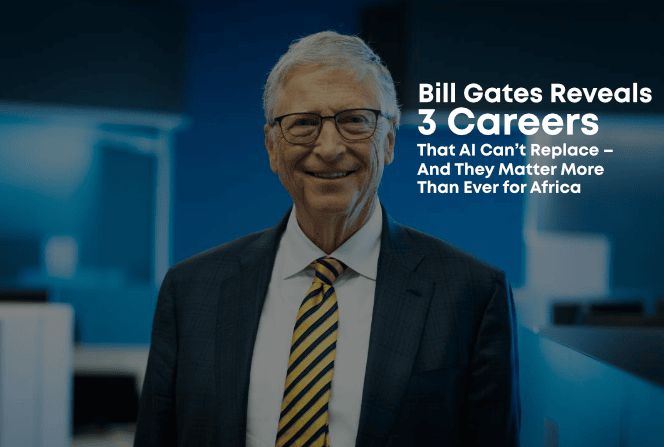Upskill Academy’s 2024 Second Quarter Graduation: Shaping Careers and Businesses for the Digital Age

Shaping Careers and Businesses for the Digital Age Upskill Academy proudly hosted its 2024 Second Quarter Graduation Ceremony, marking another significant milestone in our journey to develop practical, future-ready skills among Zimbabwe’s youth and professionals. This celebration was not only a moment to honour our graduates but also a powerful learning experience featuring impactful sessions from esteemed industry experts. Recognising Hard Work and Dedication Graduation day is always a moment of reflection and excitement at Upskill Academy. For our second quarter cohort, it was a celebration of determination, growth, and new beginnings. Each student who received a certificate had invested countless hours acquiring critical skills designed to make them competitive in an ever-evolving world. Our 2024 graduates demonstrated resilience and an eagerness to learn — qualities that are now more important than ever as they embark on building meaningful careers and ventures. Enriching Minds: Keynote Learning Sessions This special event featured two insightful masterclasses that added immense value to our graduates and guests: Mr. Stanly Zvavamwe: Guiding Students Towards Career Clarity Mr. Stanly Zvavamwe, a respected career coach and mentor, delivered a compelling session on Career Guidance. He walked students through the importance of aligning their interests, strengths, and values with the right career paths. Using relatable examples and interactive discussions, he highlighted practical steps for choosing a career, setting achievable goals, and staying adaptable in an ever-changing job market. His talk reminded students that career success is not just about having qualifications but also about self-awareness, continuous learning, and the courage to seize opportunities. Many attendees expressed how the session helped clear their doubts about which career paths to pursue and how to plan ahead strategically. Mr. Phillip Jonhera: Building a Business in the Digital World Our very own Mr. Phillip Jonhera, a trusted digital strategist and business mentor, inspired attendees with an engaging masterclass on How to Grow a Business in the Digital World. He unpacked actionable insights on using digital platforms to reach customers, build a brand, and scale a business affordably. From leveraging social media and email marketing to understanding digital advertising and e-commerce trends, Mr. Jonhera’s session was filled with practical strategies that aspiring entrepreneurs can apply immediately. He also stressed the importance of storytelling, consistency, and staying customer-focused in the digital age, encouraging graduates to embrace technology as an enabler for growth rather than a barrier. A Launchpad for the Future The combination of this powerful learning and the graduation celebration created an inspiring environment that reinforced Upskill Academy’s commitment to bridging the gap between theory and practice. Graduates left with not only certificates in hand but also fresh ideas and motivation to build purposeful careers and resilient businesses. As we reflect on this milestone, we are proud to see our graduates stepping out ready to make meaningful contributions to their communities and industries. A Note of Gratitude We extend our heartfelt appreciation to Mr. Stanly Zvavamwe and Mr. Phillip Jonhera for their dedication to nurturing the next generation of leaders and innovators. We also thank the families, friends, trainers, and the entire Upskill Academy team whose support makes our vision a reality. What’s Next? Our second quarter graduates are proof that learning never stops — and neither do we. Upskill Academy will continue to design programs and events that empower Zimbabweans with practical skills, career clarity, and the digital tools needed to thrive in a competitive world. Congratulations to the Class of 2024 (Q2)! May your journey be filled with purpose, growth, and success.
Bill Gates Reveals 3 Careers That AI Can’t Replace – And They Matter More Than Ever for Africa

Bill Gates Reveals 3 Careers That AI Can’t Replace – And They Matter More Than Ever for Africa In a world where technology is evolving faster than ever, many Africans are rightly asking: “Will my job still exist in 10 years?” With AI creeping into everything from customer service to agriculture, the fear of being replaced is real. But recently, Microsoft co-founder and global tech leader Bill Gates gave us some clarity — and hope. Speaking on The Tonight Show Starring Jimmy Fallon in early 2025, Gates shared three career paths that are likely to stay safe from automation, and they offer huge opportunities for Africa’s next generation of leaders, innovators, and change-makers. 1. Biology – The Human Element in Health & Science Gates pointed to biology as a career that AI won’t easily replace. While machines can process data and run simulations, they still can’t match the instincts, creativity, and judgment of a trained human biologist — especially when it comes to solving real-world health challenges. n Africa, where we continue to battle diseases like malaria, HIV, and now rising cases of non-communicable diseases (like diabetes and cancer), biology is more than just a career — it’s a mission. From labs in Lagos to field research in Lusaka, biology professionals are leading the charge in public health, pharmaceuticals, and agriculture. As Gates said: “The art of forming hypotheses and pushing the boundaries of medical breakthroughs is a deeply human endeavor.” 2. Software Development – Africa’s Digital Goldmine Next up is software development. Yes, AI can write code — but it still lacks human creativity, critical thinking, and real-world context. And with the rise of African tech hubs in Nairobi, Cape Town, Lagos, and Harare, the demand for skilled developers who can design, adapt, and manage complex systems is only growing. Whether it’s building fintech apps for the unbanked, EdTech platforms for rural students, or AI tools that speak Swahili or Zulu, Africa needs developers with local insight and global vision. Gates noted that while AI is a powerful tool, it still needs humans to guide it and infuse it with innovation. 3. The Energy Sector – Powering Africa’s Future The third career Gates recommended is in the energy sector, and it couldn’t be more relevant for Africa. From managing hydroelectric plants on the Congo River to maintaining solar microgrids in off-grid rural villages, the continent’s energy future requires skilled human decision-makers. AI can help monitor and predict energy use, but it’s people who make the final calls — especially when public safety or national infrastructure is at stake. Whether you’re working on wind farms in Kenya or engineering thermal plants in South Africa, the energy sector offers resilience and relevance in a changing world. Gates put it clearly: “Strategic decisions in energy require human intervention due to the criticality of their implications.” Why This Matters for AfricaAs AI begins to change industries from agriculture to education, we have a choice: be replaced, or reposition ourselves. These three fields — biology, software development, and energy — aren’t just about survival. They are about shaping Africa’s future. So, whether you’re a student choosing your degree, a graduate navigating your next steps, or a professional considering a pivot — this is your chance to future-proof your career while solving real African challenges. Let’s Talk Do these insights from Bill Gates resonate with your dreams or career plans? Are you already in one of these sectors — or considering a move? Share your thoughts in the comments. Tag a friend or young person thinking about their future. Let’s spark a real conversation about where Africa is headed — and how we can all be part of the story.
Zim Companies Urge CEOs to Replace IT Workers with AI Amid Tough Economic Times

Zim Companies Urge CEOs to Replace IT Workers with AI Amid Tough Economic Times Zimbabwean companies are increasingly urging their executives to embrace AI-driven strategies — and for many IT professionals, that could mean job cuts. Following the global trend, the wave of IT layoffs that began in 2024 is showing signs of reaching our shores, driven by the pursuit of efficiency and the looming fear of an economic slowdown. Globally, over 238,000 IT jobs were lost in 2024, With another 76,000 already gone in early 2025, and the ripple effects are starting to be felt locally. Many Zimbabwean boards of directors are reportedly pushing CEOs to reduce operational costs by as much as 20%, largely through replacing routine IT roles with AI systems. According to HR and recruitment professionals, these decisions are motivated not just by cost-saving, but also by a shift toward more agile, AI-powered business models. “Companies are under pressure to stay competitive — whether in banking, telecoms, or logistics — and AI is seen as a fast-track to that,” said one Harare-based IT recruiter. May Set the Tone May was a defining month globally. Microsoft laid off 6,000 workers, stating that AI now writes 30% of its internal code. Walmart followed with 1,500 job cuts, many of them affecting tech teams. IBM wasn’t far behind, reportedly letting go of 8,000 employees, especially in roles like HR that AI can now support or even fully automate.Back home, some large local firms are starting to take similar steps — quietly phasing out IT roles considered “low-skill” or “easily automated,” such as data entry clerks, desktop support, and system testers. Recession Planning + AI Efficiency Even as global forecasts like J.P. Morgan revise down the likelihood of a 2025 recession, Zimbabwean companies remain cautious. Exchange rate volatility, limited access to forex, and high operating costs are forcing firms to look inward for savings. AI is increasingly viewed as a solution that delivers long-term productivity gains without the recurring cost of salaries and benefits. “It’s no longer a matter of if companies will adopt AI, but when — and who’ll be left behind,” said a senior manager at a local telecom firm. IT Job Market Shifting — AI Skills Dominate Career experts say companies are moving away from mass hiring in IT and toward selective recruitment, focusing on hybrid professionals who combine domain knowledge with AI capabilities. “Someone with product understanding and practical AI skills can name their price today,” said a representative from a local job-matching platform. “We’re seeing increased demand for roles like AI product managers, prompt engineers, and cloud automation experts — even from SMEs and startups.” Experts advise Zimbabwean IT professionals to urgently upskill in AI, automation tools, and cloud services to stay relevant. Entry-level cybersecurity analysts, manual QA testers, and general IT support agents are particularly at risk of displacement. “Jobs that follow predictable patterns or can be scripted are being handed over to bots,” said Nic Adams, CEO of a global cybersecurity automation firm. “We’re entering a world where AI handles the triage faster than any junior support technician ever could.” It’s About Transformation, Not Just RetrenchmentWhile some companies still see AI as a cost-cutting tool, others are using it to unlock growth and digital innovation. One local fintech executive said, “We’re not firing our people to replace them with AI — we’re hiring those who know how to use AI to scale our services.” Still, systemic automation continues to reshape IT departments. For Zimbabwean firms — especially in sectors like finance, healthcare, logistics, and retail — this may just be the beginning of a much larger shift. Software Programing AN By Anesu Ndamuka Start Learning « Previous Next »
The Impact of Artificial Intelligence on Digital Skills Development

The Impact of Artificial Intelligence on Digital Skills Development What is Artificial Intelligence ? Artificial intelligence is a field of science concerned with building computers and machines that can reason, learn, and act in such a way that would normally require human intelligence or that involves data whose scale exceeds what humans can analyze. Shaping Digital Skills Through Artificial IntelligenceArtificial Intelligence (AI) is reshaping digital skills across industries. LinkedIn reported a 91% growth in AI-related skills in 2020, highlighting the increasing demand for AI expertise. The World Economic Forum predicts AI and automation will boost global GDP by 10% by 2025, underscoring the necessity for individuals to acquire these skills to stay competitive in an evolving job market. Revolutionizing Digital Skills with AIAI is a catalyst for upskilling and reskilling in today’s job market. The World Economic Forum forecasts AI will create 133 million new roles by 2022. Companies leveraging AI for skills development can unlock $4.5 trillion annually, according to McKinsey. AI-powered learning platforms, like IBM’s, report a 37% increase in course completion rates, showcasing the power of AI in personalizing and enhancing learning outcomes. AI’s Transformative Role in Digital Skills EvolutionAI is revolutionizing digital skills by creating new opportunities and reshaping existing roles. By 2022, AI is expected to generate 133 million jobs globally. McKinsey estimates 375 million workers may need to switch occupations due to AI-driven changes. For instance, AI in healthcare, such as medical imaging systems, has enhanced diagnostic accuracy, demonstrating its capacity to redefine skills and improve outcomes. Enhancing Digital Skill Acquisition with AIAI-driven tools enhance learning by personalizing experiences and increasing efficiency by up to 50%, according to the World Economic Forum. Platforms like Coursera use AI to improve course completion rates by 25%, offering learners tailored recommendations. This highlights AI’s role in democratizing education and enhancing skills acquisition globally.Navigating AI’s Impact on Digital Skills DevelopmentThe adoption of AI and automation necessitates widespread upskilling, with 54% of employees requiring significant training by 2022, as per the World Economic Forum. AI-driven education systems have improved student engagement by 30% and digital proficiency by 20%, demonstrating their transformative potential in education and workforce readiness. The Intersection of AI and Digital Skills EnhancementAI offers tailored learning pathways through data-driven analysis of individual needs. Studies reveal a 30% improvement in engagement and retention when AI-powered tools are employed. This emphasizes AI’s role in fostering adaptive and effective skill development in an evolving digital landscape. Empowering Individuals with AI-Driven Skill AdvancementAI in education improves learning outcomes by 30% and retention rates by 46%, according to UNESCO. AI-driven training programs increase job placement rates by 25% and salaries by 20%, underscoring their tangible benefits. AI empowers individuals to excel in a competitive digital era. Conclusion AI is revolutionizing digital skills development by personalizing learning, accelerating skill acquisition, and bridging skill gaps. Its transformative potential hinges on ethical and responsible implementation, prioritizing critical thinking, creativity, and human-centered competencies. By embracing AI, we can build a digitally skilled workforce equipped to meet the demands of the 21st century.
How to Create a Winning Social Media Strategy

Why Does a Social Media Strategy Matter? Our vision is to transform how businesses engage their audiences through innovative and impactful marketing solutions. As a catalyst for growth in the digital age, we empower SMEs to reach their full potential and build meaningful customer relationships. Creative Design (1) Digital Transformation (4) Enroll for our Digital Marketing course Digital Marketing 19 24 hours Start Learning Unlock the power of digital marketing with our comprehensive course designed to equip you with the skills and knowledge needed to excel in the digital landscape. View More Courses With over 5.17 billion social media users globally (as of July 2024), your customers are likely already online. A structured strategy keeps your efforts organized and focused on meaningful growth, whether you’re aiming to increase followers, improve engagement, or convert audiences into customers. Steps to Build Your Social Media Strategy 1. Define Your Mission Craft a concise mission statement for your social media presence. Use this formula: “[Your brand]’s social media is where [target audience] can find [type of content] for [benefit].” 2. Set SMART Goals Establish goals that are Specific, Measurable, Achievable, Relevant, and Time-bound. For example: Increase TikTok followers by 250 within the next quarter. 3. Know Your Audience Understand your target audience’s demographics, preferences, and online behavior. Use buyer personas to determine: Which platforms they use. Content formats they engage with most. 4. Audit Existing Accounts Evaluate your current social media presence by: Ensuring access to accounts and updating credentials. Reviewing profile images, bios, and pinned posts for consistency. Analyzing analytics to identify high-performing content. 5. Research Competitors Study your competitors’ social media performance: Observe their engagement levels, content types, and posting frequency. Identify gaps you can capitalize on. 6. Establish Content Pillars Focus on a few key content themes, such as: Educational: Industry insights or tips. Entertaining: Memes or trending videos. Promotional: Product updates and testimonials. Engaging: User-generated content or polls. 7. Create a Tone and Voice Guide Ensure consistency by documenting your brand’s tone and style, including: Preferred language and emojis. Platform-specific variations (e.g., professional on LinkedIn, casual on TikTok). 8. Select Core Platforms Identify the platforms where your audience is most active. Prioritize a few and tailor your content to each. 9. Develop a Content Calendar Plan posts in advance to stay consistent. Include: Posting dates and times. Platforms and content types. Copy, visuals, and campaign details. 10. Optimize for Social Selling Leverage social platforms to drive sales by: Including clear calls-to-action in posts and bios. Using highlights to group product links. 11. Schedule Regular Reviews Monitor progress monthly or quarterly to evaluate performance against your goals. Adjust your strategy based on what’s working. By following these steps, your business can create a robust social media strategy that boosts engagement, builds brand awareness, and drives measurable results.
